Understanding How We Learn: Video vs. Text
fewStones
DECEMBER 5, 2023
How Our Brains Process Information Remembering Things Remembering things is making mental notes in your brain. When you learn something, your brain takes snapshots using your senses, such as seeing, hearing, or feeling. It then stores these snapshots, a bit like putting photos into an album. Let’s get started!

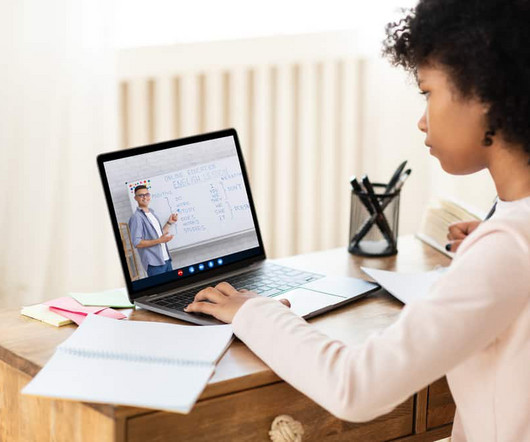





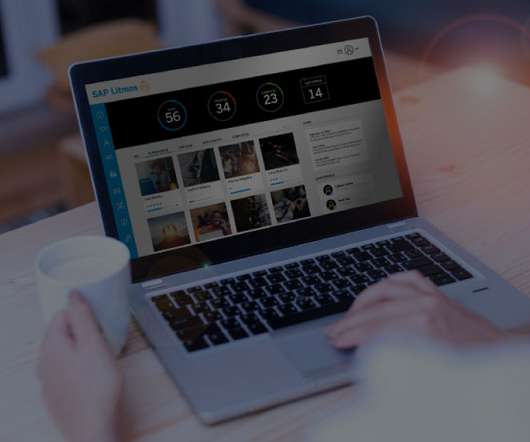

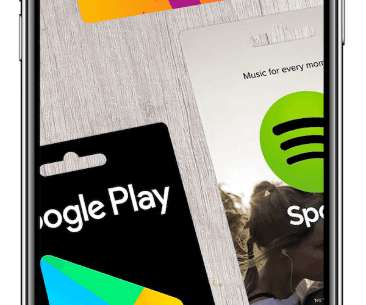


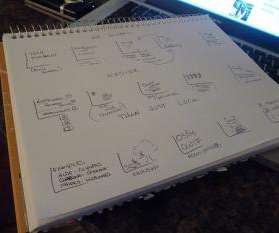












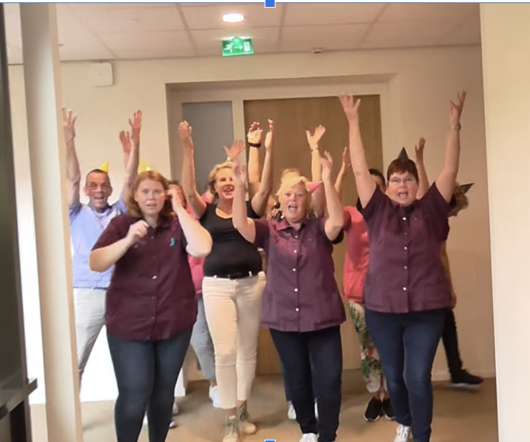
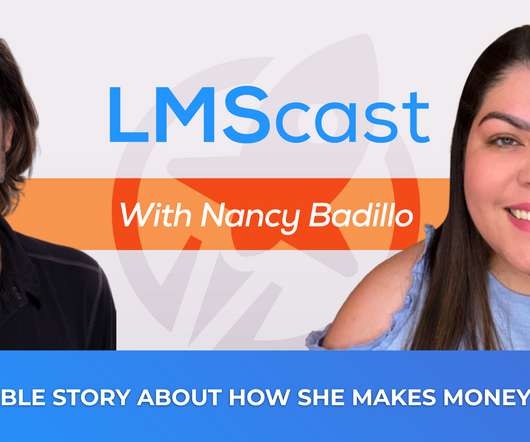



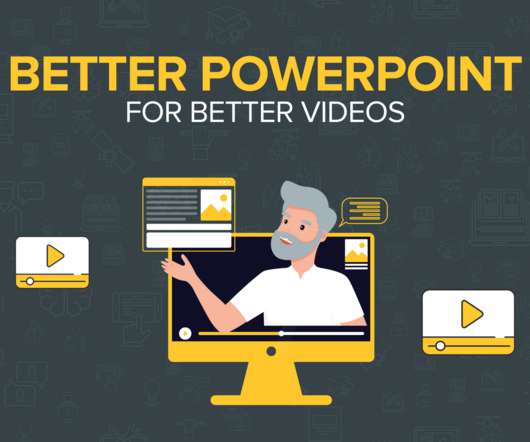










Let's personalize your content